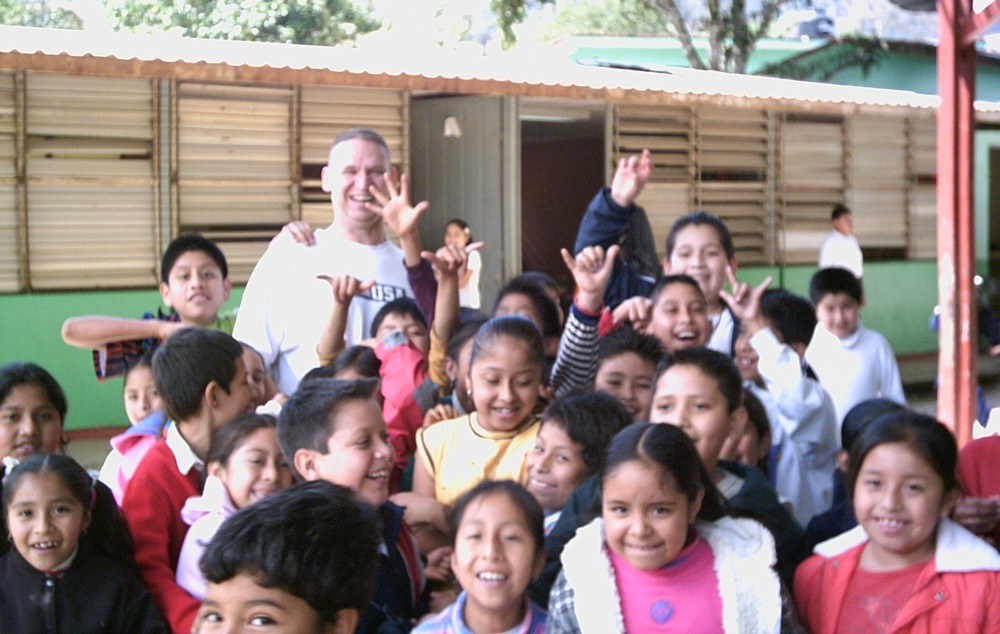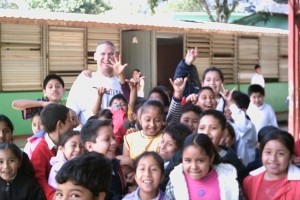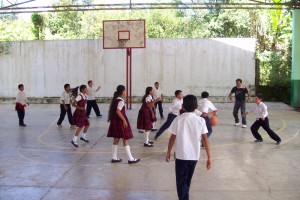“I know what this is,” one of my fellow students, a police officer, whispered to me. “This is see how long we can make the gringos stand at attention in the blazing sun.” I chuckle, noticing the sweat running down his face.
This was my fifth day in Calnali, Mexico, placed in a class with fourth graders for my first Spanish immersion. I stood on the playground watching as the kids sang the national anthem, feeling the afternoon warmth.


